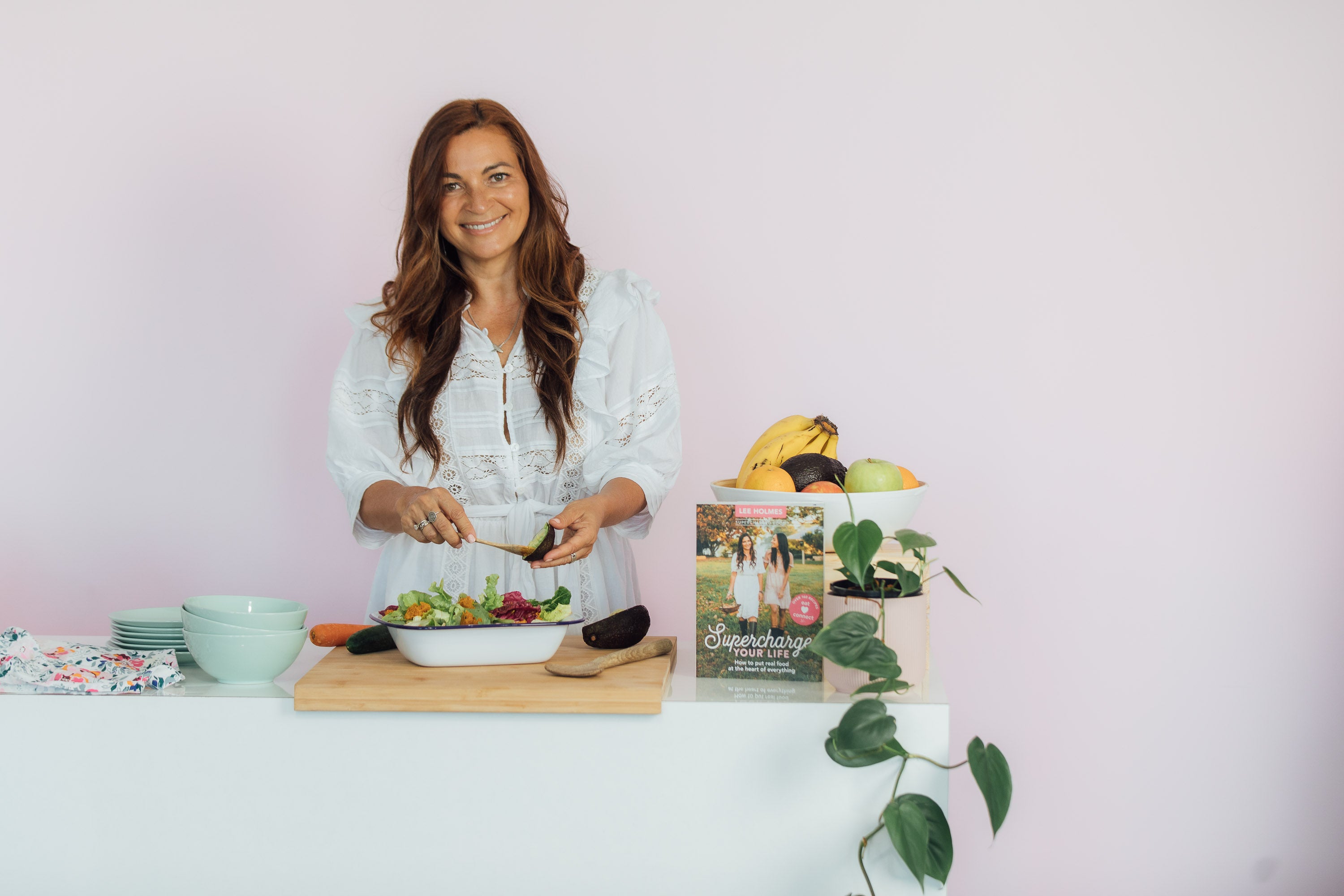Welcome to Week 5 of the ‘Clean Your Gut Series’. With a clean and toned gut, it’s time to make it shine with prebiotics and probiotics.
The pros of prebiotics and probiotics
Prebiotics are non-digestible fibers that serve as nourishment for the beneficial bacteria in our gut. Unlike probiotics, which are live bacteria, prebiotics are essentially food for these friendly microbes. The most common prebiotics are found in foods rich in dietary fiber, such as whole grains, fruits, vegetables, and legumes.
When we consume prebiotic-rich foods, they pass through the upper gastrointestinal tract undigested until they reach the colon, where they become a feast for the resident bacteria. By providing sustenance to these microbes, prebiotics help them thrive and multiply, creating a healthier gut environment. This, in turn, can lead to improved digestion, enhanced nutrient absorption, and even a bolstered immune system.
Probiotics, on the other hand, are live bacteria that confer specific health benefits when consumed in adequate amounts. These beneficial microorganisms can be found in certain foods, such as yogurt, kefir, sauerkraut, kimchi, and other fermented products. They can also be taken in the form of supplements.
Probiotics work by colonizing the gut and promoting a healthy balance of bacteria. They compete with harmful microorganisms, preventing their overgrowth and potential negative effects. Furthermore, probiotics can aid in the breakdown of food, produce vitamins, and strengthen the gut lining, thereby improving digestion and reducing gastrointestinal issues.
Research suggests that probiotics may also contribute to mental health by influencing the gut-brain axis. The gut and the brain are closely connected through a complex network of nerves and biochemical signaling pathways. Probiotics may modulate this communication, potentially impacting mood, stress levels, and cognitive function.
A Synbiotic Relationship
Prebiotics and probiotics work together synergistically to enhance gut health. While prebiotics provide nourishment for the beneficial bacteria, probiotics help populate the gut with these friendly organisms. By consuming both prebiotic and probiotic-rich foods, you create an ideal environment for a diverse and balanced microbiome.

Choosing the Right Prebiotics and Probiotics:
When it comes to prebiotics and probiotics, diversity is key. Aim to incorporate a variety of prebiotic-rich foods into your diet, such as bananas, onions, garlic, oats, and asparagus. For probiotics, look for products containing different strains of bacteria as each strain has unique benefits.
Supercharged Food’s Love Your Gut Synbiotic is developed by Lee Holmes, clinical nutritionist. It’s an unique prebiotic, probiotic, fibre and digestive enzyme formula that your gut will simply adore.
The remarkable world of prebiotics and probiotics has unveiled the potential for a healthier gut and, consequently, a healthier you. By including prebiotic-rich foods and probiotics in your daily routine, you can nurture your gut microbiome, promoting optimal digestion, a stronger immune system, and even improved mental well-being.







Leave a comment